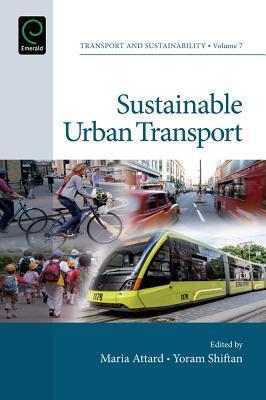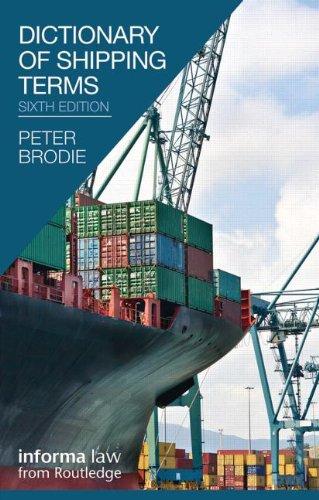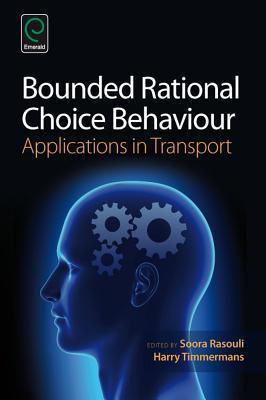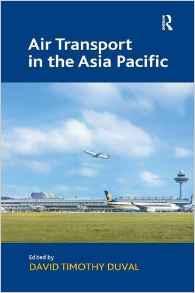Business & Management , Transport & Logistics Management
Sustainable Urban Transport
Description The requirement for sustainable transport in urban areas has become more onerous in the past decade due to a number of negative externalities which have been increasingly associated with growing mobility and the advances made in the technology and available options for sustainable transport. However, whilst on one hand technology has supported the reduction of environmental impacts of increased (car) mobility, other policies and actions influencing behaviour have been identified as key contributors to reduce the impact of transport. While the intentions behind particular policies point towards sustainability goals, attitudes towards mode choice are proving more difficult to shift. Specific actions are driving best practice in reducing car dependence by providing alternative means of car sharing and public transport use, whilst others look at promoting non-motorized forms of transport. This publication brings together an international group of researchers and presents work from different countries dealing with issues related to transport policy, attitudes and mode choice, car sharing and alternative modes of transport, and discusses the future of non-motorized modes of transport.
- Attard, Maria
- Emerald Publishing Limited
- 2015
- 304
- Hardback
- 9781784416164
Поткатегории











